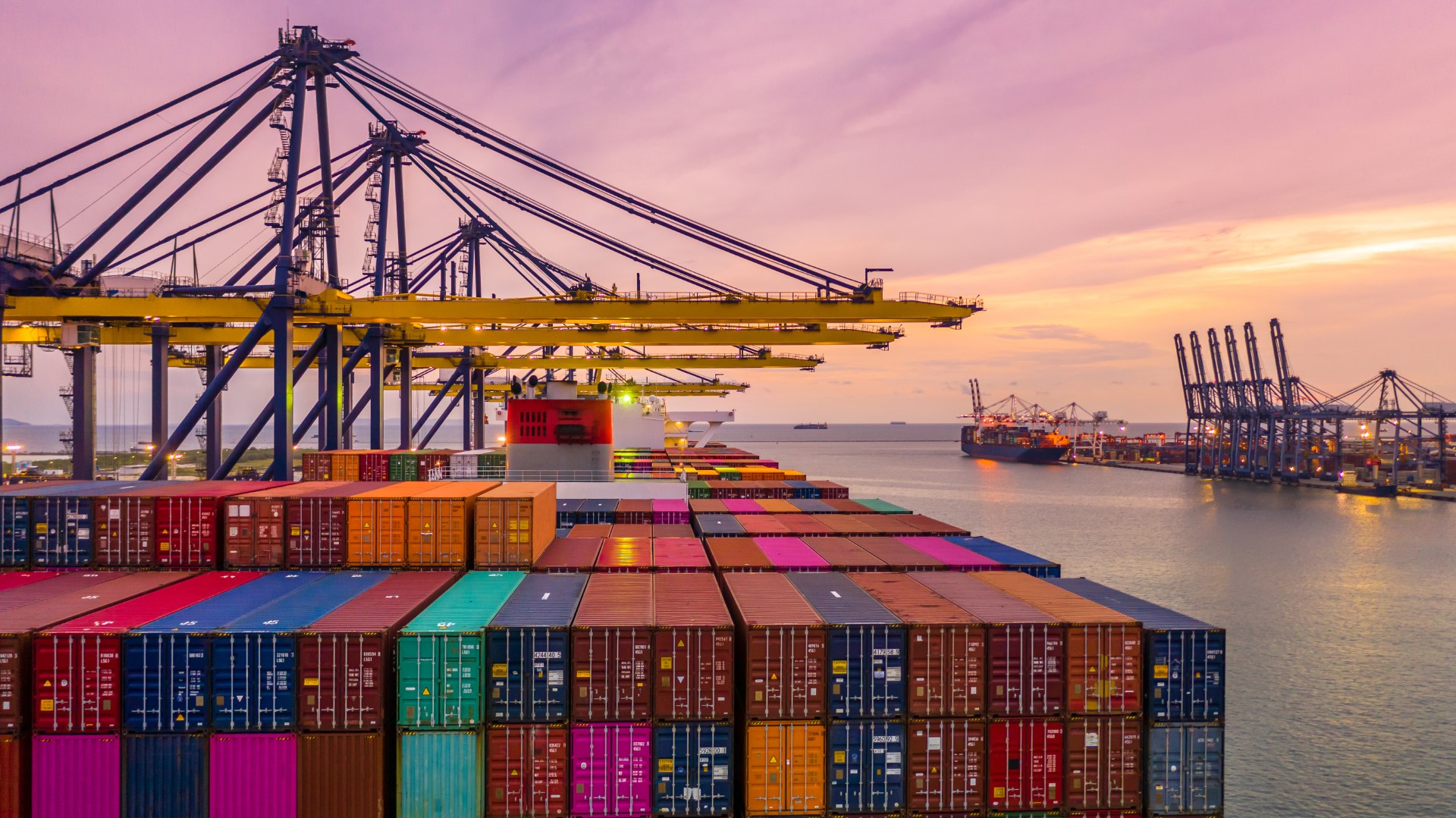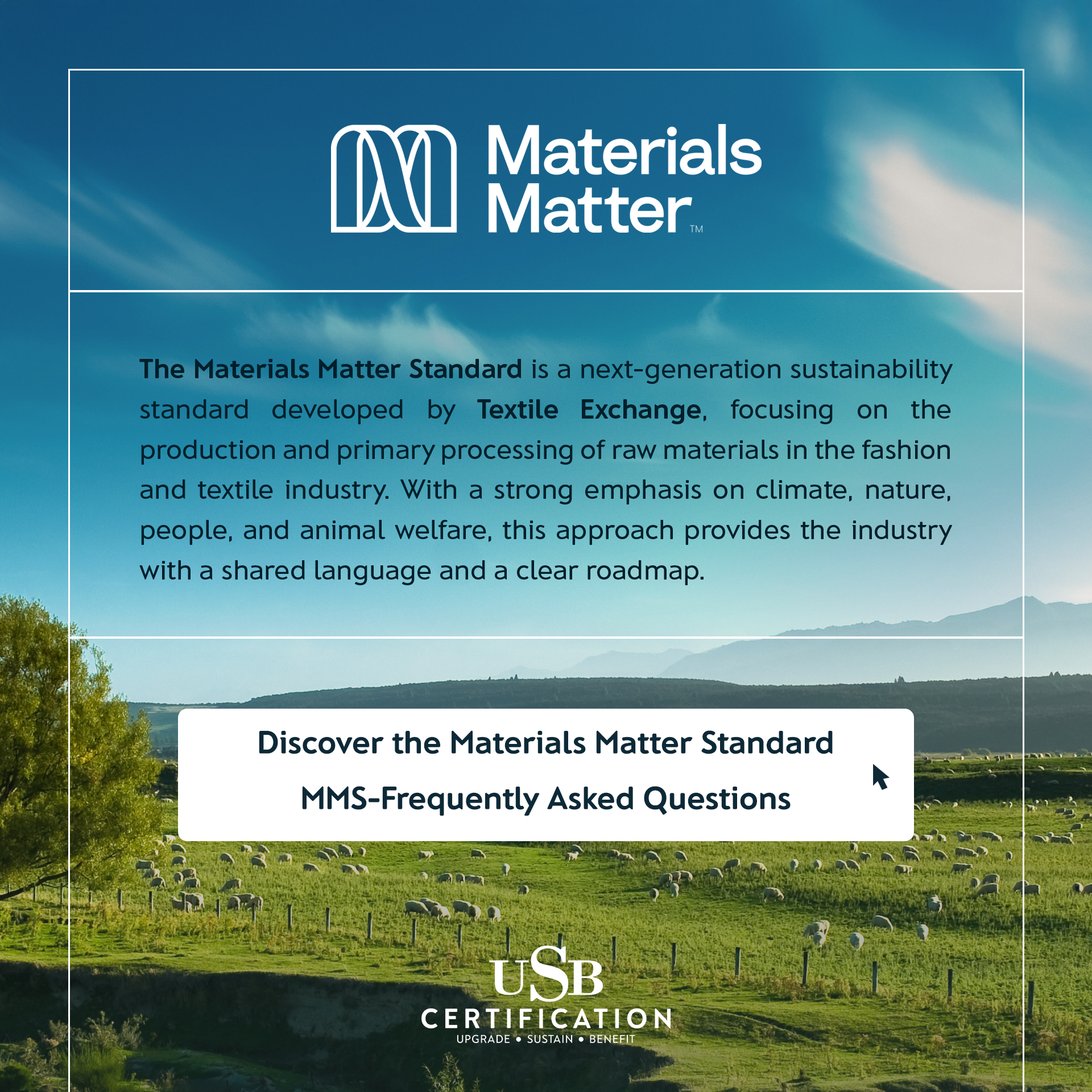The European Commission’s new Corporate Sustainability Due Diligence Directive is set to transform how companies operate within the EU. But what does this mean for your business, whether you’re based inside or outside the EU?
Corporate Sustainability Due Diligence
is more than just a regulatory requirement; it represents a commitment to responsible business practices. This directive requires companies to deeply assess their operations and supply chains to identify, prevent, and address any negative impacts on human rights and the environment. Here’s how it’s poised to reshape the business landscape:
- Thorough Examination of Supply Chains: Companies must meticulously review their supply chains, extending beyond their immediate operations. This means ensuring that every part of your supply chain does not contribute to environmental degradation or human rights abuses.
- Proactive Risk Management: The directive emphasizes not just responding to issues but proactively identifying potential risks and implementing measures to mitigate them. This approach is designed to prevent problems before they arise, fostering a more resilient and ethical business model.
- Increased Transparency: Businesses are now required to be transparent about their due diligence practices. This involves providing clear reports and disclosures about how you address sustainability and human rights issues, enhancing your accountability and building trust with consumers and stakeholders.
- Stronger Accountability: With these new regulations, companies are held to higher standards of accountability. Non-compliance could result in significant legal and reputational risks, making it crucial to integrate sustainability into your core business strategies.
Impact on Non-EU Companies:
Even if your company is not based in the EU, these regulations can still impact you. Here’s why:
- Global Supply Chains: If your company is part of a global supply chain that includes EU-based companies, you will need to adhere to these standards to maintain business relationships. EU firms are likely to require proof of compliance from their international suppliers.
- Market Access: The EU market is a major global economic player. Companies outside the EU looking to enter this market will need to meet these due diligence standards to avoid barriers to entry.
- Reputational Risks: With the increased focus on sustainability and ethical practices, non-EU companies that do not comply with these standards may face reputational damage and pressure from consumers and investors who prioritize responsible business practices.
In essence, Corporate Sustainability Due Diligence is about embedding responsible practices at the core of your business. It’s an opportunity to lead by example, contribute to global sustainability goals, and meet the growing demand for ethical business practices from consumers and investors alike.
GettyImages/DigitalVision/We Are Stone/Ed Freeman Westend61








